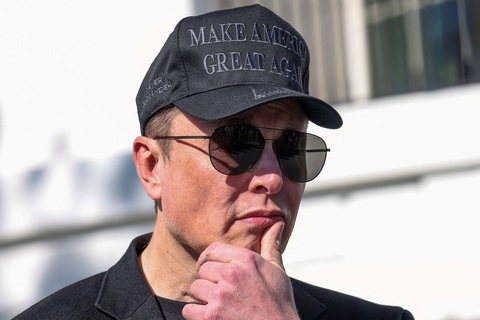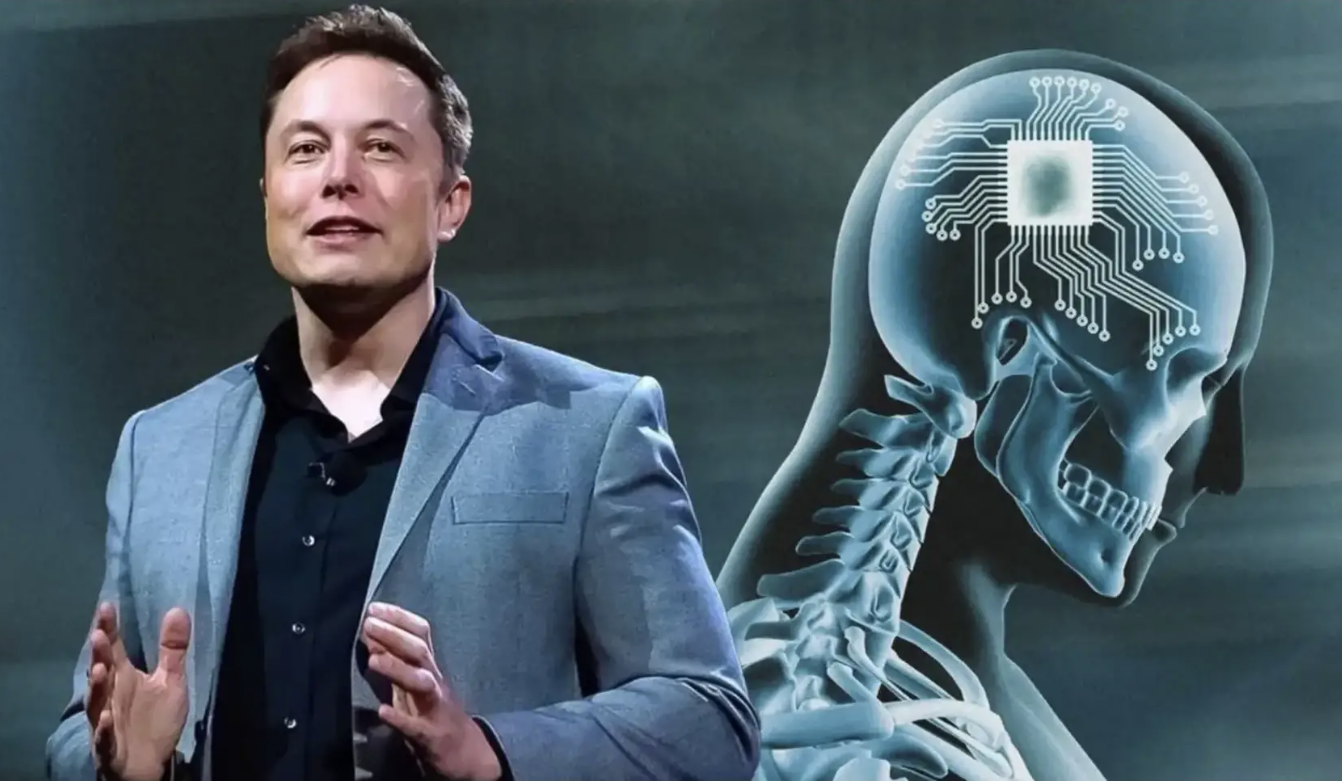For over two decades, Elon Musk has stood at the forefront of human progress. He reimagined the auto industry with Tesla. He privatized space travel through SpaceX. He dreamed of Mars colonies, brain-computer interfaces, AI safeguards, and high-speed tunnels beneath our cities. To many, he wasn’t just a tech mogul — he was the architect of the future.

But now, the tide is turning. Protests outside Tesla factories. Lawsuits mounting. Regulators circling. Tech allies distancing themselves. Hashtags like #BoycottMusk trending globally.
What happened? Why is the man who built tomorrow suddenly the villain of today?
The Visionary Everyone Followed
Elon Musk rose not by playing it safe, but by defying limits. While others focused on social apps and advertising revenue, Musk gambled on ideas that sounded like science fiction: reusable rockets, self-driving cars, solar-powered homes, and merging the human mind with AI.
His boldness inspired a generation. Young engineers idolized him. Investors placed billions behind his ventures. Governments collaborated with his companies to pursue clean energy and space infrastructure. The world didn’t just watch Musk — it followed him.
But ambition at that scale always walks a thin line between admiration and alienation.
The Backlash Begins
The warning signs started subtly. Whispers in Silicon Valley that Musk had grown erratic. Concerns over his impulsive tweets. Employees speaking anonymously about intense work environments and unrealistic expectations.
Then came the turning points:
-
Twitter Takeover: Musk’s $44 billion acquisition of Twitter (now X) was supposed to be a “win for free speech.” But under his control, the platform saw mass layoffs, content moderation chaos, and what critics described as the empowerment of toxic discourse. Former fans accused him of breaking the very community he claimed to save.
-
Worker Rights Controversies: Tesla factories — once symbols of green innovation — faced multiple reports of poor working conditions, racial discrimination, and union suppression. For a man once seen as progressive, this was a PR disaster.
-
Political Statements: Musk’s increasing engagement with polarizing political figures and his public criticism of government institutions alienated many. Once hailed as apolitical, he began to appear partisan — and not in a subtle way.
-
AI and Privacy Fears: With Neuralink and Tesla’s AI ambitions, growing numbers of ethicists and scientists raised alarms about unchecked technological development. Was Musk still leading us forward — or dragging us toward a dystopia?
-

Idol Turned Threat?
The backlash is not just professional — it’s personal.
In recent months, celebrities, politicians, and even former collaborators have publicly denounced Musk. Advertisers pulled out of his platforms. Activists have accused him of “monopolizing the future” and “playing god.” Tech leaders who once sang his praises now whisper about his unpredictability behind closed doors.
It seems the very traits that made Musk a hero — boldness, defiance, radical vision — are now being reframed as recklessness, arrogance, and authoritarianism.
And perhaps more unsettling: this isn’t just pushback. It’s a coordinated effort to remove his influence — legally, culturally, and financially.
Why the Turn?
There are a few theories:
-
Power Accumulation: Musk controls not just companies, but infrastructure. Satellites, communication platforms, electric grids, transportation networks. To some, that concentration of power in one man’s hands is too dangerous to ignore.
-
Cultural Shift: As society embraces new ideals of transparency, mental health, and inclusive leadership, Musk’s old-school bravado and “sleep-on-the-factory-floor” grind culture feel increasingly out of step.
-
Elon Fatigue: After years of dominating headlines, memes, markets, and controversy, the public may simply be exhausted. A genius, yes — but one who has overstayed his welcome in the global spotlight.
Musk Fights Back
Of course, Elon Musk isn’t one to go quietly.
He’s doubled down on his missions. Neuralink just received approval for human trials. SpaceX is ramping up for Mars-focused launches. Tesla is pushing further into AI and robotics. And through Twitter/X, he’s reshaping how billions interact online.
In typical fashion, Musk has responded to criticism not with apologies, but with more ambition. “Let the results speak,” he tweeted recently. “History will judge.”
But can innovation alone redeem him in the eyes of a world that now questions his motives?

The Bigger Question
This backlash says as much about us as it does about Musk.
We celebrated him when he was building the impossible. We laughed at his memes, admired his work ethic, and watched in awe as he launched rockets into the sky. But the moment his humanity — his flaws, his ego, his politics — became undeniable, we recoiled.
Have we become addicted to idealized geniuses? Are we too quick to crown — and then crucify — those who try to change the world?
Elon Musk is no saint. He’s flawed, complicated, and at times, frustrating. But he is also the reason electric vehicles are mainstream, private space travel is viable, and brain-machine interfaces are no longer fiction.
Conclusion
He built the future — and now the world wants him out?
Maybe the backlash is justified. Maybe it’s fear. Maybe it’s accountability. Or maybe it’s a society that can’t decide whether it wants a visionary or a villain.
But one thing is clear: Elon Musk will not back down. Whether the world turns against him or not, he’s already altered the course of history.
And for better or worse — he’s not done yet.